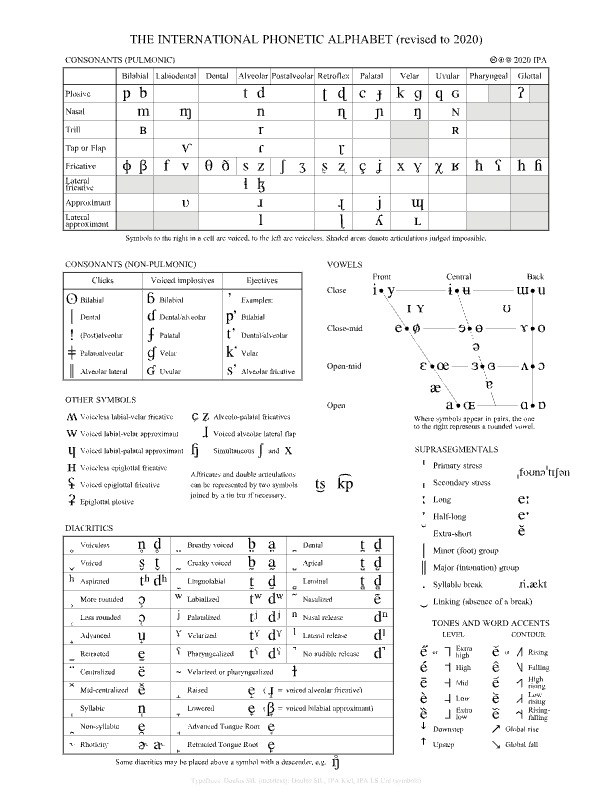- "A as in apple" is a mnemonic phrase to associate the letter 'A' with the word 'apple,' serving as a memorable and universal way to introduce the alphabet and its sounds.
You have probably been in a scenario, where someone is asking for your email, or even your name, and you spell it out letter-by-letter, getting the assistance of phrases such as "A as in apple." In this blogpost, we will unveil the nuances of this phrase and other phonetic alphabets.


What comes after "a as in apple?"
A as in apple, B as in banana, C as in cherry, D as in dragonfruit, E as in elephant, F as in fox, G as in grape, H as in horse, I as in igloo, J as in jellyfish, K as in kiwi, L as in lemon, M as in monkey, N as in nectarine, O as in orange, P as in pineapple, Q as in quince, R as in raspberry, S as in strawberry, T as in tiger, U as in umbrella, V as in violin, W as in watermelon, X as in xylophone, Y as in yogurt, and Z as in zebra.
Other phonetic alphabets
Although "A as in apple" is a familiar term to us, it is not part of the official NATO phonetic alphabet nor is it part of the International Phonetic Alphabet. This phrase is commonly used in the education sector to teach young children, and is a part of many phonic songs.
What is the NATO phonetic alphabet?
Have you ever heard a pilot calmly announce their location as "Lima Kilo November Tango Kilo Oscar" over the airwaves? Or witnessed a soldier yell "Tango Tango Delta!" during a military exercise? If so, you've encountered the enigmatic world of the NATO Phonetic Alphabet. This seemingly random string of seemingly random words isn't just gibberish; it's a crucial tool for ensuring clarity and accuracy in high-pressure situations.
More Than Just a Military Tool:
While the NATO alphabet originated in the military, its uses extend far beyond the battlefield. From emergency responders coordinating on the scene to air traffic controllers guiding planes safely, it's become a vital tool for anyone who needs to transmit information clearly and quickly. Its ease of use and international recognition make it the go-to choice for diverse industries and situations.

International phonetic alphabet (IPA)
The International Phonetic Alphabet (IPA), born in the late 19th century, revolutionized linguistics by providing a standardized system to represent the sounds of spoken language. This universal script, crafted by language scholars, is a powerful tool that transcends linguistic barriers and serves as a common ground for phonetic exploration.
Below is an image of all the symbols in the IPA.

Want to sound like a native speaker?
Engram’s AI-powered grammar checker makes your English sound like a native speaker’s, suggesting natural English expressions on top of fixing grammar, spelling, punctuation, word order, and vocabulary.

References:















